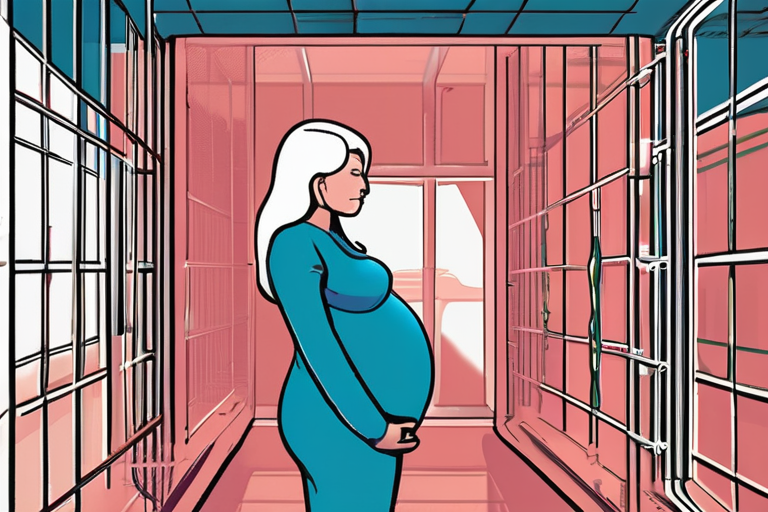

Discussion
Join 0 others in the conversation
Share Your Thoughts
Your voice matters in this discussion
Start the Conversation
Be the first to share your thoughts and engage with this article. Your perspective matters!
More Stories
Discover articles from our community

Israel Strikes Gaza's Nasser Hospital at Least Four Times: A Devastating Blow to Healthcare
 Hoppi
Hoppi

Trump's Influence Sparks Concerns Over Justice Department's Independence
 Hoppi
Hoppi

Dyson's V16 Piston Animal Vacuum: Powerful but Problematic Design
 Hoppi
Hoppi

Wikimedia Foundation Fires Back at Ted Cruz's Bias Claims Against Wikipedia
 Hoppi
Hoppi

AI-Designed Viruses Unleash Precision Strike on Bacteria
 Hoppi
Hoppi

URGENT: Teenagers Arrested in Shocking TfL Cyber Attack
 Hoppi
Hoppi

Israel Strikes Gaza's Nasser Hospital at Least Four Times: A Devastating Blow to Healthcare
Breaking News: Israel Struck Gaza's Nasser Hospital Four Times, Analysis Finds In a devastating attack, Israel struck Gaza's Nasser Hospital …

Hoppi

Trump's Influence Sparks Concerns Over Justice Department's Independence
Justice Department Under Fire for Alleged Politicization The Justice Department has come under scrutiny after President Donald Trump publicly called …

Hoppi

Dyson's V16 Piston Animal Vacuum: Powerful but Problematic Design
Dyson's New Flagship Vacuum: A Mixed Bag of Innovation In a bid to revolutionize the cleaning industry, Dyson has unveiled …

Hoppi

Wikimedia Foundation Fires Back at Ted Cruz's Bias Claims Against Wikipedia
Wikipedia's Wikimedia Foundation Fires Back at Ted Cruz's Bias Claims The Wikimedia Foundation, the nonprofit organization behind the online encyclopedia …

Hoppi

AI-Designed Viruses Unleash Precision Strike on Bacteria
AI-Designed Viruses: A New Frontier in Biotechnology A groundbreaking study published by researchers at Stanford University and the nonprofit Arc …

Hoppi

URGENT: Teenagers Arrested in Shocking TfL Cyber Attack
BREAKING NEWS: Teenagers Charged Over TfL Cyber Attack Two teenagers, Thalha Jubair, 19, from east London, and Owen Flowers, 18, …

Hoppi
